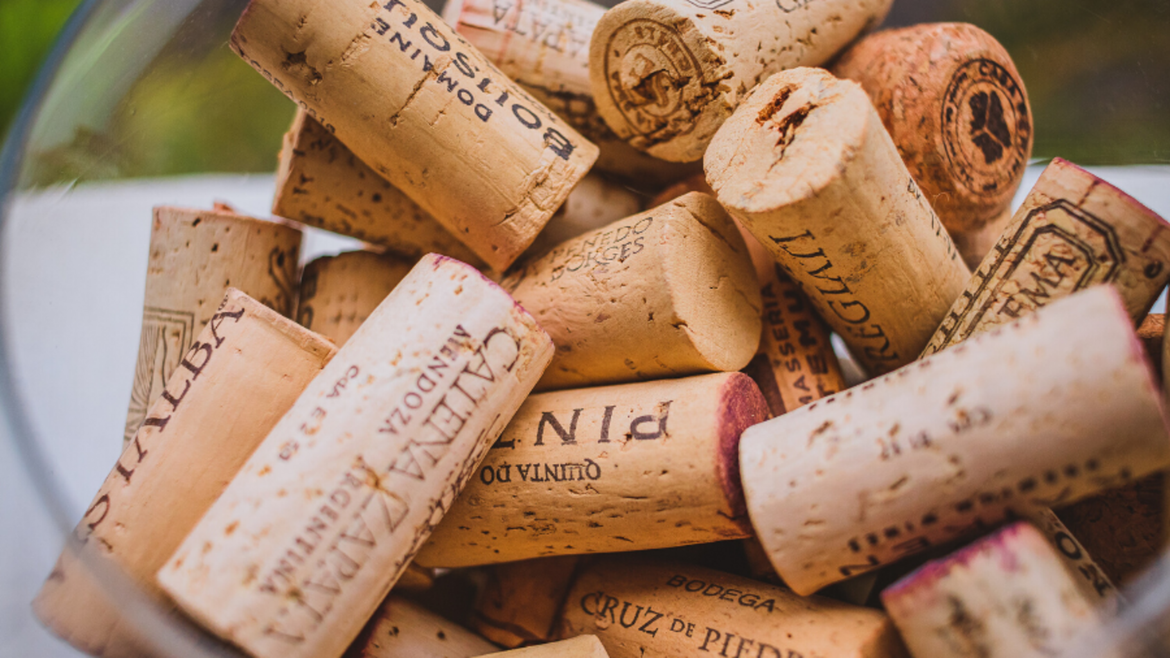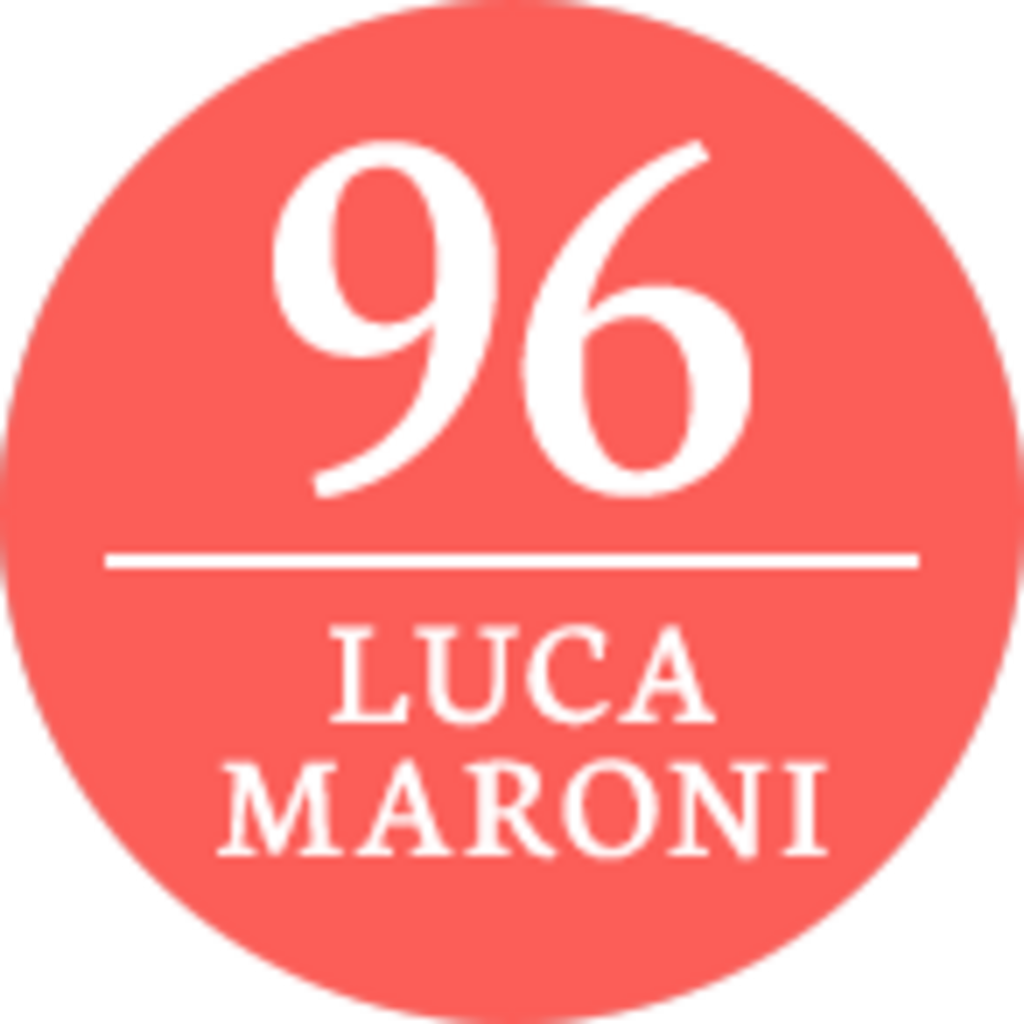Corks, Screw Caps & Glass Corks - Everything You Need To Know About Wine Closures
Which closure method is best?
Many wine lovers have strong opinions about the different ways of sealing wine: Wines with corks have taste defects, screw caps made of aluminium are only for cheap wine and glass stoppers aren't appropriate for wine bottles. Let's take a closer look at the respective closures.
- Cork - the mother of all closures
- Traditional natural cork for optimal storage
- An inexpensive alternative - pressed cork
- Synthetic cork from a laboratory
- Elegant glass closure
- Screw cap - rightly a bad image?
- Our cork conclusion
Cork - the mother of all closures
In the past, cork stoppers were the only way to seal wine bottles. The demand for them grew continuously and production had to be boosted. This led to cork oaks, from which the corks are obtained, no longer growing for their full 45 years. They were felled and processed earlier, and so the quality of the resulting corks fell. When the trees are not fully grown, the cork begins to mould, developing a cork taint (TCA - trichloroanisole) which makes wine undrinkable. Due to this, people began to search for alternatives.
Traditional natural cork for optimal storage
As described above, natural corks made from cork oak are susceptible to TCA formation, which spoils the wine with a musty, cardboardy taste. However, since 1999, this danger has been significantly reduced thanks to machines that analyse corks for errors. The error rate is now around 10%.

Today, around three-quarters of all wine bottles are closed with a classic natural cork, made from the bark of the cork oak, which has a fine-pored structure, allowing the wine to breathe and thus counteracting reductive tones. The advantage of natural cork is that it can be easily pressed into the bottle, where it expands and closes the bottle well, but doesn't make it airtight. Add to that its elegance, which it exudes with a “pop” and the fact that it is completely recyclable and biodegradable. The clear disadvantage, however, is the aforementioned susceptibility to cork formation, which spoils the wine.
An inexpensive alternative - pressed cork
Pressed cork is very similar to natural cork. Cork granules are pressed together with glue or resin under high pressure. This makes it possible to produce corks in a cost-effective way. However, there is a risk of the cork crumbling, which is why a disc of natural cork is often glued to the underside. This type of cork is called composite cork and reduces the negative influence of the binding agent on the sensory perception of the wine. Nevertheless, there is also a risk of TCA with pressed cork.

Synthetic cork from a laboratory
Synthetic corks consist of food-friendly plastic and are usually produced using the injection moulding technique. This means that the material is heated, then injected into a mould and left to cool. Although such corks are similar to natural cork, foreign aromas may affect the taste of the wine if it is stored for a long time. It doesn't matter which cork is in your bottle, with the 9wines corkscrew, remove any type of cork easily and without complications.
Elegant glass closure
A more elaborate option is a glass stopper, which hermetically seals the wine and thus prevents oxidisation. This is due to the rubber layer. The glass variant is an elegant alternative to a conventional cork and is odourless and tasteless. However, the potential for long-term storage with glass closure has not yet been fully explored. The only thing that's clear is that this sealing method is expensive, poses a risk of breakage and must be included in the price of the bottle.
Screw cap - rightly a bad image?
First of all - no! While it's true that in the past only lower quality wines were screw-capped, this is no longer the case. Screw caps even have advantages over natural cork, because cork damage can be ruled out. The bottle is also easy to open, requiring no corkscrew. The disadvantage is that, because the closure is airtight, the wine cannot interact with oxygen, which is not ideal for long-term storage.
Our cork conclusion
All types of corks and closures have their pros and cons, and none of them are ideal for every purpose. Of course, the popping of a cork makes more of an impression than the cracking sound when you open a screw cap, but, in the end, it's the contents that count - as long as the wine tastes good, the closure is irrelevant!
Latest reviews
-
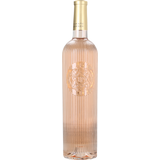 4.7 (20)
4.7 (20)Ultimate Provence Côtes de Provence Rosé 2024, 0,75 L
-19%- A dry and delicate rosé wine
- Right on trend and very elegant
- Classy, stylish and typically Provence
CHF 18.24 CHF 22.53 (CHF 24.32 / L)Delivery by May 12
-
-
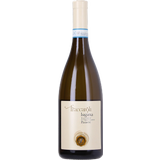 5.0 (2)
5.0 (2)Fraccaroli Lugana D.O.C. Pansere 2024, 0,75 L
-19%- With a true fun factor
- Grape variety 100% Turbiana, the typical grape variety for Lugana
- The ideal summer wine with depth
CHF 10.07 CHF 12.45 (CHF 13.43 / L)Delivery by May 08
-
-
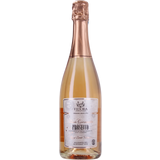 4.0 (2)
4.0 (2)Fidora Prosecco DOC Rosé Brut Nature - Organic 2024, 0,75 L
- Brut nature, only the natural sweetness of the grapes
- Nice touch of strawberry and red fruits
- Fine pearlage and fantastic accompaniment to seafood
CHF 13.60 (CHF 18.13 / L)Delivery by May 07
-
-
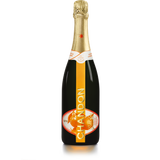 4.8 (73)
4.8 (73)CHANDON Garden Spritz 11.5% Vol., 0,75 L
- Ready-to-serve aperitif
- With fine bitter orange liqueur
- Cuvée of Chardonnay, Pinot Noir & Sémillon
CHF 22.00 (CHF 29.33 / L)Delivery by April 28
-
Magazine Articles:
Discover 9wines CH:
-
Switzerland: Free standard delivery from CHF 80.00
-
We operate in a
climate-conscious manner. Secure payments
with SSL encryption technology


